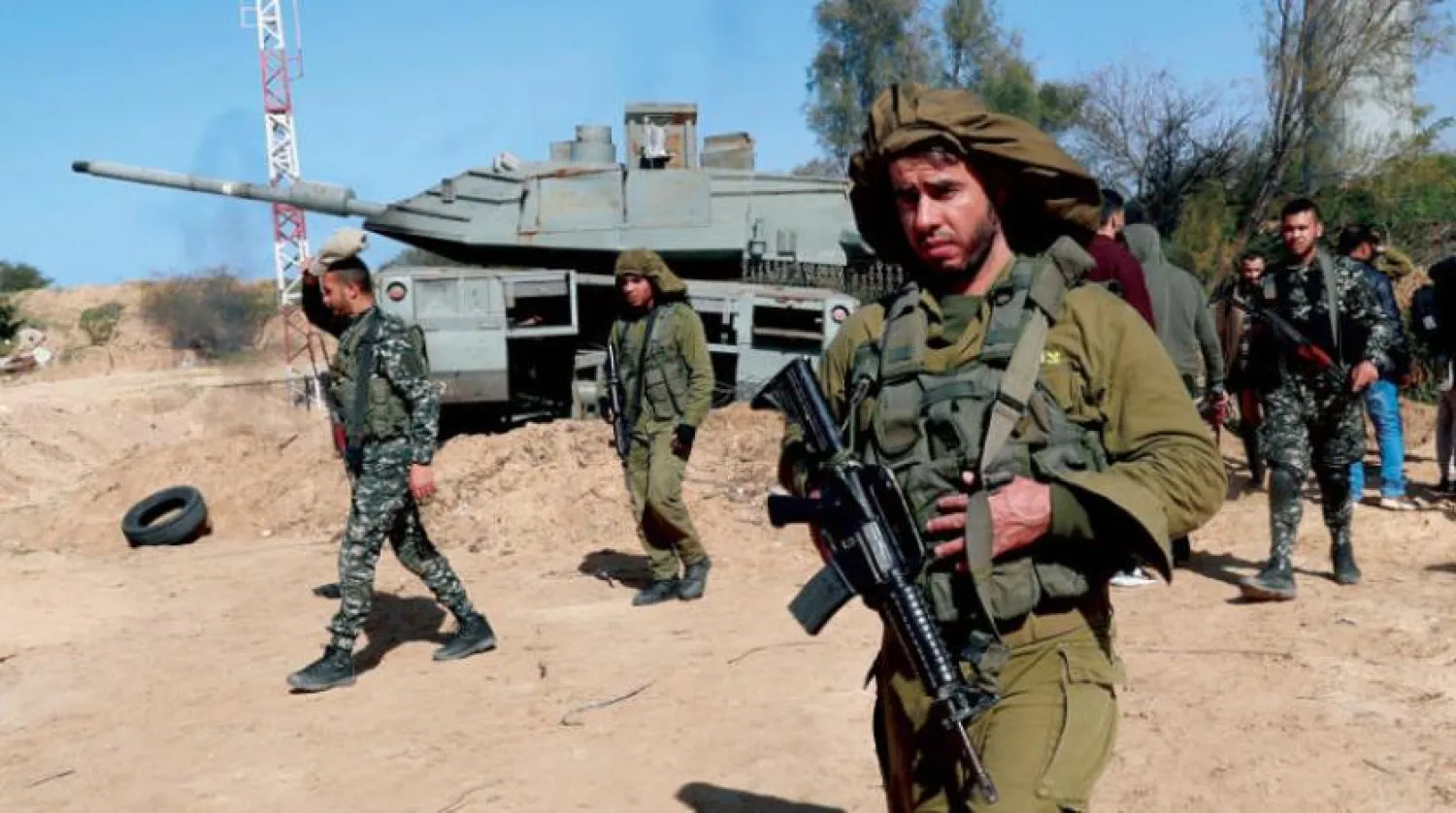The Palestinian Hamas movement rejected Australia’s intention to list both its military and political wings as terrorist.
Senior Hamas official Ismail Radwan condemned the Australian decision as biased in favor of Israel, which hailed the decision as a further step in the fight against terrorism.
Hamas stressed that the Australian government’s designation contradicts international law, which guarantees the right of peoples to resist the occupier, and ignores the oppressive practices of the occupation against the Palestinian people as documented by international human rights reports.
It referred to the latest report by the Amnesty International, which called for accountability for the crime of apartheid against Palestinians.
It called on the Australian government to reverse the decision, which “harms its reputation of respecting human rights and recognizing international laws and norms.”
The Australian government announced its intention to list the entirety of Palestinian Hamas group as a terrorist organization under the country’s criminal code, Home Affairs Minister Karen Andrews said on Thursday.
A listing by Australia of the whole group, rather than just its military wing as at present, would bring Canberra’s stance in line with the United States, the European Union and Britain.
Canberra had previously listed Hamas' al-Qassam Brigades as a terror group, but the new designation will list the organization in its entirety.
“The views of Hamas and the seven other violent extremist groups listed today(Thursday) are deeply disturbing and there is no place in Australia for their hateful ideologies,” Andrews said in a statement.
She pointed out that Australia also added the US-based far-right extremist group National Socialist Order, formerly known as Atomwaffen Division, joins Islamist groups Hay’at Tahrir al-Sham and Hurras al-Din to the list.
Another four Islamist militant groups - the Abu Sayyaf Group, al Qaeda, al Qaeda in the Islamic Maghreb, and Jemaah Islamiyah - have been relisted under the code, she added.
The designation will place restrictions on financing or providing other support to Hamas -- with certain offenses carrying a 25-year prison sentence.
“It is vital that our laws target not only terrorist acts and terrorists, but also the organizations that plan, finance and carry out these acts.”
Israel has maintained a blockade on the Gaza Strip since 2007, when Hamas took power in the impoverished enclave.
“I welcome the news that Australia will list Hamas as a terrorist organization in its entirety,” Israeli Prime Minister Naftali Bennett said in a statement, thanking Australian Prime Minister Scott Morrison for the move.









